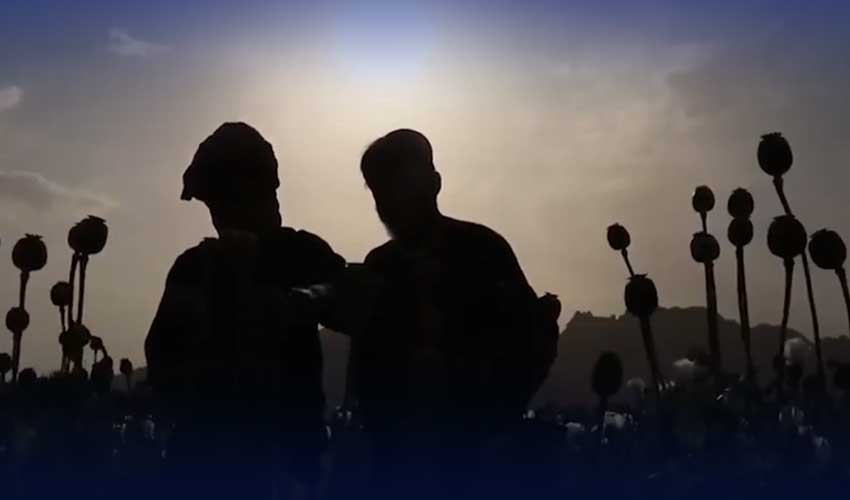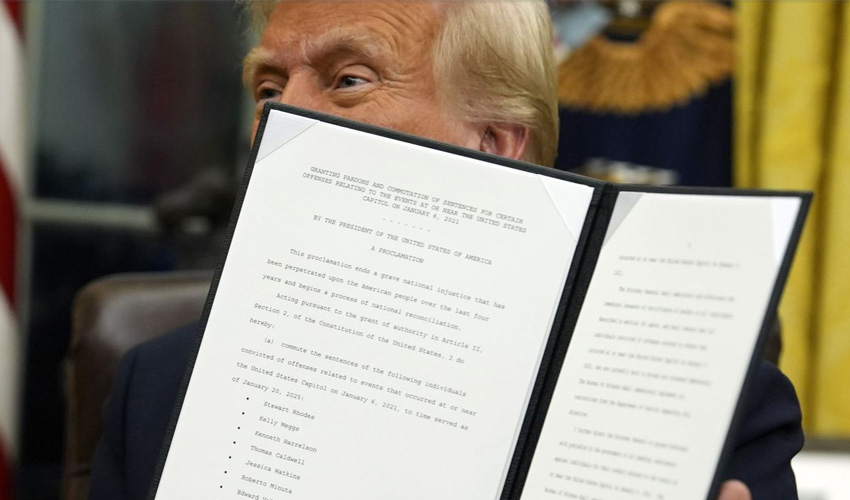Iran and Tajikistan voiced alarm over the surge in drug trafficking coming from Afghanistan. Both nations highlighted the lack of a cohesive system within Afghanistan, attributing it to the rampant drug trade.
Despite the Taliban's assertions of enforcing Sharia law and curbing drug activities, the reality on the ground contradicts these claims.
In a recent meeting convened by the United Nations Office on Drugs and Crime, counter-narcotics authorities from Iran and Tajikistan expressed grave concerns regarding the flow of narcotics from Afghanistan.
#Iran & #Tajikistan's concerns over escalating #drug trafficking from #Afghanistan highlight urgent need for concerted #international action.
— SAMAA TV (@SAMAATV) March 21, 2024
Despite Taliban's promises, drug trade persists, fueling crime and instability. #SamaaTV pic.twitter.com/dJGHQA8F44
The head of Tajikistan's Anti-Narcotics Agency underscored the substantial quantities of drugs smuggled from northern Afghanistan into Central Asian nations and even reaching the European Union.
Similarly, the Secretary General of Iran's Drug Control outlined the staggering figure of 4450 tons of drugs seized in Iran over the past five years, all originating from Afghanistan. This stark reality has come at a high cost, with Iranian officials sacrificing their lives in the battle against drug trafficking.
The United Nations has previously highlighted the illicit trade in opium and methamphetamine in Afghanistan, emphasizing the significant revenue it generates for extremist and criminal groups globally. This trafficking poses severe threats to public health and safety across various regions.
It's increasingly evident that Afghanistan bears responsibility for the havoc wreaked by drug trafficking worldwide. As the international community grapples with the consequences, urgent action is warranted to address this pressing issue.


























